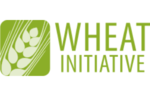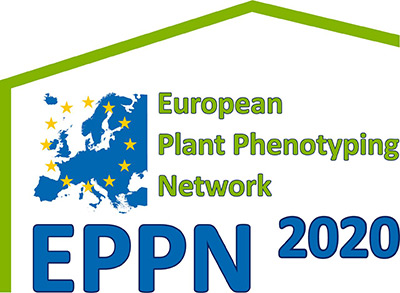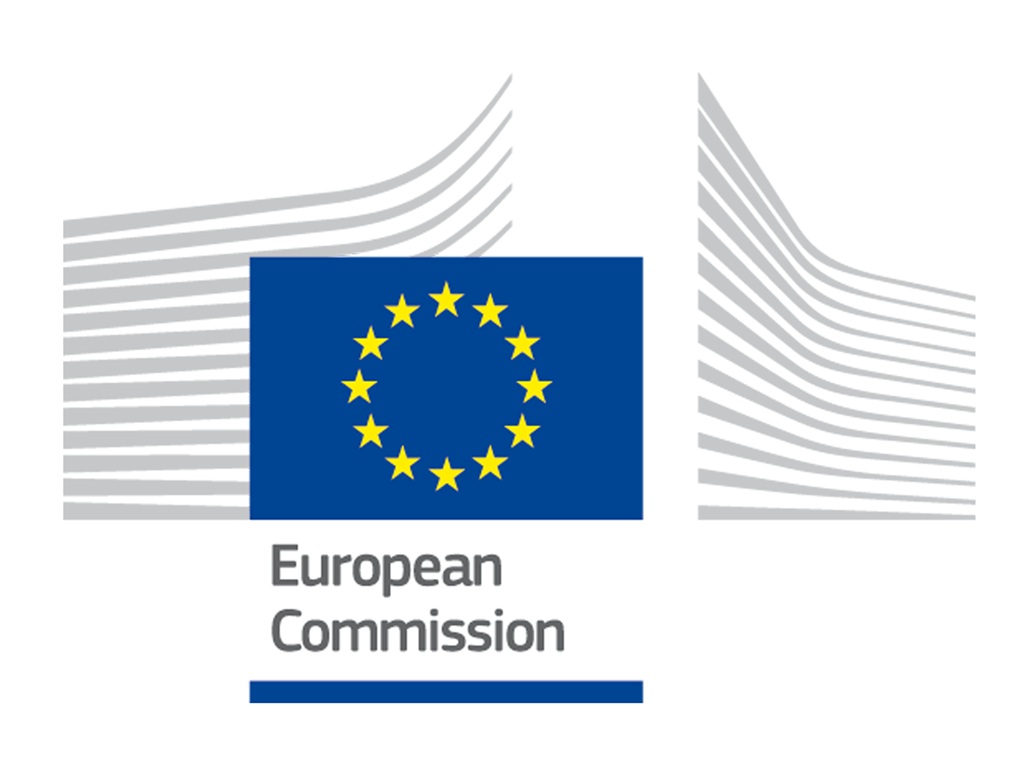2018 Training Course on High-Throughput Wheat Phenotyping

Dissecting the genetic basis of phenotypic traits and, ultimately, the genetic progress in wheat breeding relies on accurate phenotyping protocols. Plant phenotyping refers to a quantitative description of the plant’s morphological, phenological, physiological and yield-related properties. During the last decade, the technologies for plant phenotyping have broadened from drones, phenomobiles and high-throughput platforms to hands-on devices and smartphone-based apps. The adoption of the most appropriate and cost-effective technologies and protocols is fundamental to achieve an accurate genetic dissection of many agronomically relevant traits.Â
The training course organized by the Wheat Initiative through the Expert Working Groups on Durum Wheat Genomics and Breeding, Wheat Phenotyping and Adaptation of Wheat to Abiotic Stress will present an overview of the most recent tools and platforms used to phenotype wheat and will report on practical hands-on analysis and interpretation of some case studies. The course will offer an opportunity to train wheat geneticists and breeders from the private and public sectors on essential tools to support genetic analysis and wheat selection. The course is limited to 50 participants accepted on a first come, first served basis; a limited number of travel grants to attend the course will be made available through the Wheat Initiative.
The course will be followed by (i) the annual meeting of the Expert Working Group on Durum Wheat Genomics and Breeding (from 17.00 to 19.30 hrs on 18 September) and (ii) the congress From Seed to Pasta III (19-21 September)Â
Â
Luigi Cattivelli and Roberto Tuberosa (local organizers)
Â
Â


